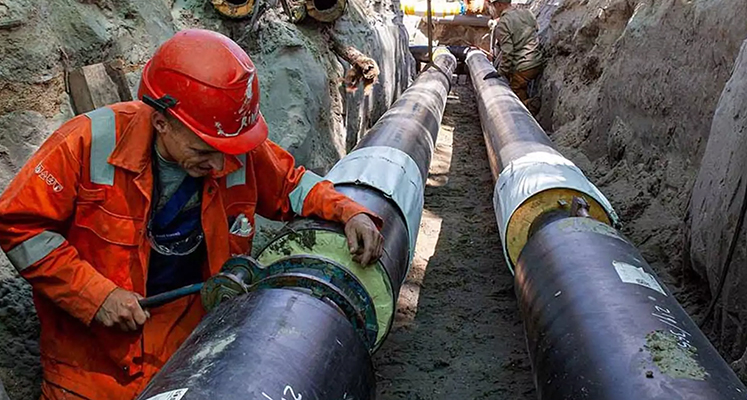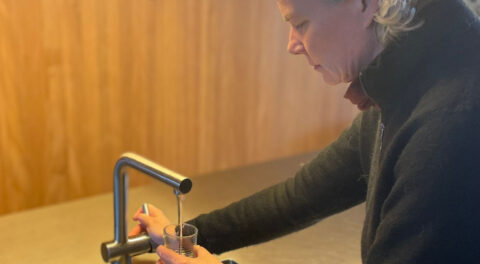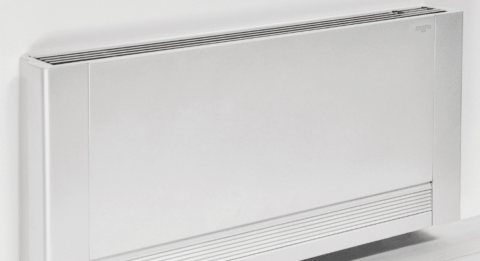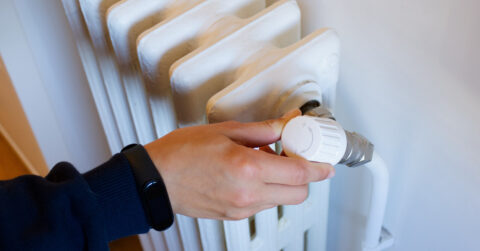A new bill does not adequately protect consumers connected to district heating from high energy bills. The Collective Heat Act (WCW) is supposed to ensure transparent and affordable tariffs, but in practice they may actually increase substantially. Vereniging Eigen Huis wants the new heat law to properly protect consumers against sharp price increases, for example with a maximum price for heat tariffs.
So writes the association in a response to the Collective Heat Decree that elaborates on a number of issues in the WCW bill. Civil society organizations were able to respond to it. Both the decree and the law itself have yet to be debated by the House of Representatives.
Adverse effect
In the new WCW now under consideration, the link to the gas price is abandoned. The price for district heating will then be based on "the costs of the energy supplier plus a reasonable profit margin. Vereniging Eigen Huis warns that tariffs need not fall as a result and may even go up. "If a heat supplier has high costs, tariffs could actually rise and become unaffordable for vulnerable households. This is what the new law should prevent. It is very important for the support for heat networks," said Cindy Kremer, director of Vereniging Eigen Huis. The Council of State and Authority Consumer & Market (ACM) also already pointed to the risk of even higher tariffs.
Rate cap crucial
Kremer: "Instead of coming up with compensation measures after the fact, it is better to prevent energy bills from skyrocketing. This can be done by introducing a maximum tariff in addition to the new calculation method." The association also believes that large rate differences between heat networks should be avoided.
Fierce criticism of district heating price
The price of district heating has been the subject of much criticism. Heat suppliers are now allowed to charge a maximum tariff linked to the gas price, without taking into account the actual costs they incur in supplying heat to households. Because there is no insight into the actual production costs, it is virtually impossible to determine whether the consumer tariff is reasonable.
Due to automatic price coupling, district heating tariffs rose as fast as gas prices during the energy crisis. This led to much misunderstanding and anger among people connected to this form of heating.
Choice
When a municipality installs a heat network in a neighborhood, homeowners can choose whether or not to connect their homes to it. Vereniging Eigen Huis believes that homeowners should receive complete, reliable and insightful information in advance about the costs and what the consequences will be if, for example, they opt for a heat pump.
Special consideration for apartment owners
Apartment owners can be required by the municipality, through their Owners' Association (VvE), to connect if the construction and operation of a heat network becomes uneconomic otherwise. The criteria for this must be worked out in the new law. Apartment owners for whom this is financially disadvantageous compared to alternative sustainability solutions should be compensated, the association believes.













